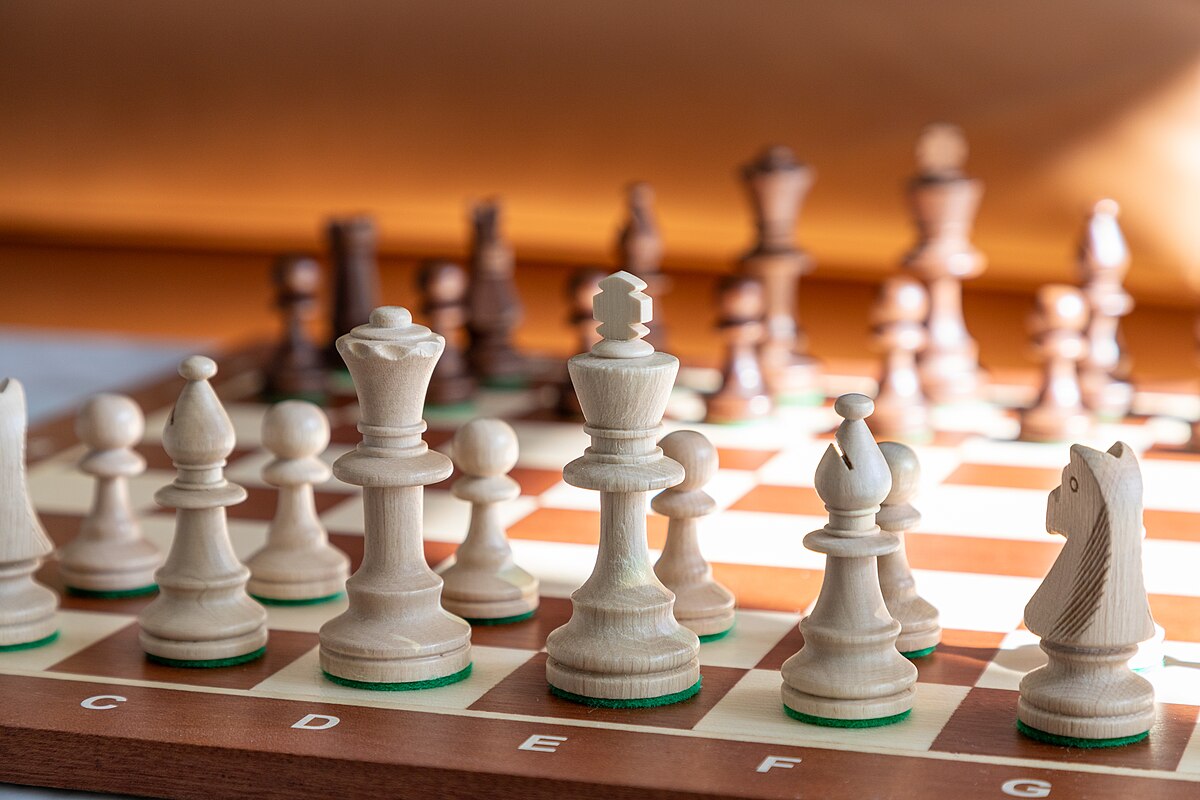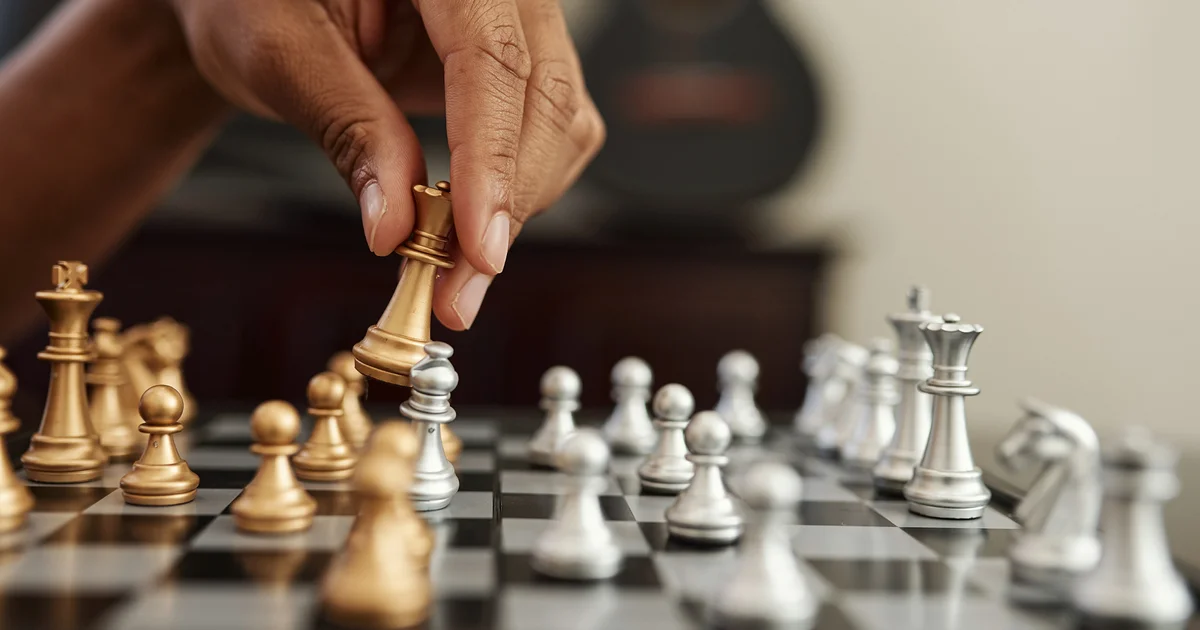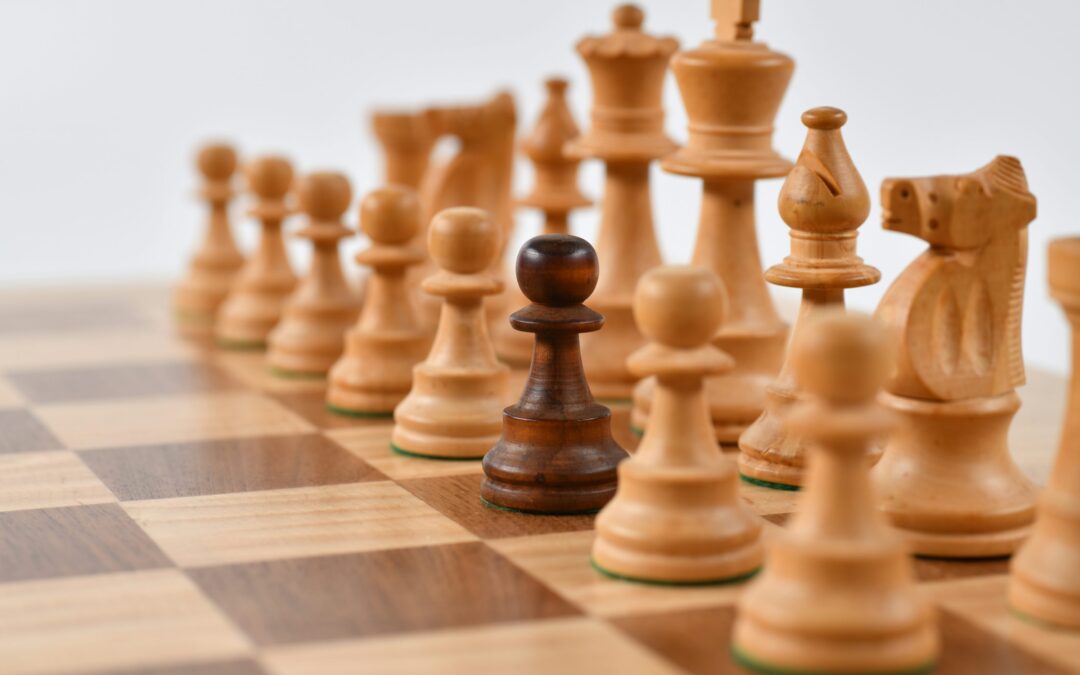Chess is more than a game of kings and queens; it’s a transformative journey that teaches essential life skills like discipline, strategic thinking, and resilience. One of the most profound benefits of chess is its ability to instill self-confidence—a trait that transcends the chessboard and enriches every aspect of life. As parents, you play a pivotal role in nurturing this confidence, using chess as a medium to prepare your children for challenges both in play and in life.
The Science Behind Chess and Confidence
Research consistently highlights the positive impact of chess on cognitive and emotional development:
A study by Dr. Robert Ferguson demonstrated that chess players exhibited enhanced critical thinking and problem-solving abilities compared to non-players.
Findings from the New York City Schools Chess Program revealed that students who played chess scored higher on reading and math standardised tests, showcasing how chess boosts self-efficacy in academics.
These studies underline how chess provides a structured platform for kids to build confidence by learning from successes and setbacks alike.
1. Celebrate Effort Over Results
Why It Matters: Praising hard work rather than outcomes cultivates a growth mindset, helping children understand that improvement is more important than perfection.
Example: If your child loses a game, focus on their progress. “You played a strong middle game—your improvement in tactics is noticeable!”
Tip for Parents: Replace phrases like “Winning is everything” with “Learning is everything.” This approach encourages perseverance and long-term growth.
2. Embrace Setbacks as Learning Opportunities
Chess Mirrors Life: Losses can feel daunting, but they’re also rich in lessons. Teach your child to review games constructively, identifying what went well and what can improve.

Real-World Example: José Raúl Capablanca, one of the greatest chess champions, often emphasised learning from defeats to become a better player.
Parental Tip: Sit with your child to analyse games together, framing losses as stepping stones rather than failures.
3. Set Achievable Goals and Celebrate Milestones
Why It Works: Small, achievable goals build confidence by creating a tangible sense of progress.
Example: A parent shared, “We created a ‘Chess Success Jar.’ Each time my son learned a new strategy or completed a challenging puzzle, he added a note to the jar. Seeing it fill up boosted his confidence tremendously.”
4. Foster Leadership Skills Through Chess
Decision-Making Power: Each move in chess requires critical thinking and independence, teaching kids to trust their instincts.
Encourage Ownership: Ask questions like, “What was your plan for that move?” to help them reflect on their choices and build accountability.
Pro Tip: Team chess events or tournaments provide an excellent platform for kids to take leadership roles and guide peers.
5. Encourage Peer mentoring.
Teaching builds confidence: Helping others learn chess reinforces your child’s skills while boosting their self-esteem.
Example: Aarav, a 10-year-old chess enthusiast, gained immense confidence by teaching his younger sister opening
strategies. The act of guiding someone else deepened his own understanding and pride in his abilities.
6. Balance Confidence With Humility
The Importance of Respect: Chess teaches kids to respect their opponents and recognise that there’s always more to learn.
Inspiration: Vishwanathan Anand, known for his humility, once said, “Chess teaches you to have both self-confidence and respect for others. You must be prepared for every possibility.”
7. Translate Chess Confidence to Life Skills
Beyond the Board: The self-belief children gain from chess often extends to public speaking, academics, and social settings.
Example: Priya, once a shy student, began participating in debates after gaining confidence from competing in chess tournaments.
Tip for Parents: Highlight how the problem-solving and perseverance learnt in chess can be applied to everyday challenges.
Inspiring Stories from Chess Legends
Magnus Carlsen: The World Chess Champion has credited chess with teaching him to trust his instincts and face challenges head-on.

Tania Sachdev: The Indian Grandmaster often shares how chess instilled in her the resilience and confidence needed to excel both on and off the board.
Conclusion
Chess is not just a game; it’s a life teacher. By encouraging effort, embracing setbacks, and celebrating progress, you can help your child develop self-confidence that goes far beyond the chessboard. This confidence will empower them to face life’s challenges with poise and determination.
So, the next time your child moves a pawn or a queen, remember—it’s not just about winning; it’s about building the self-belief that will help them conquer both games and life.


Recent Comments